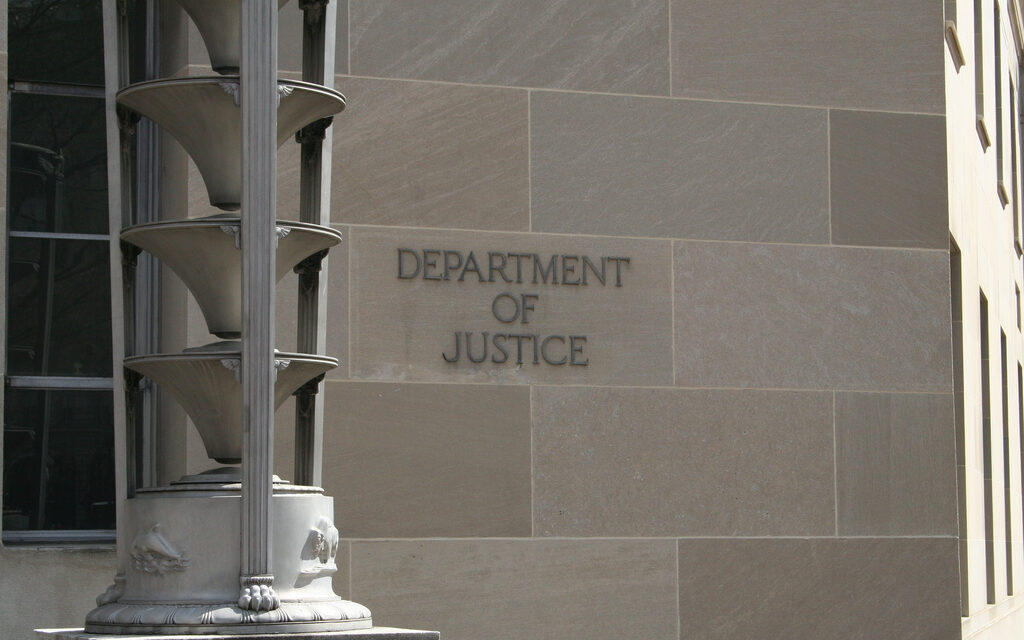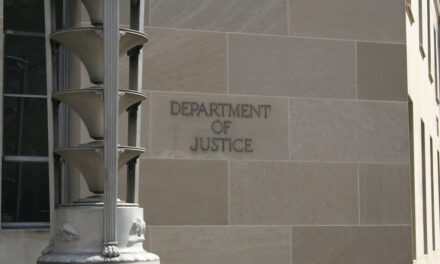Reporter, Peter Maass, has a very interesting article in today’s New York Times Magazine:
General Adnan, as he is known, is the leader of Iraq’s most fearsome counterinsurgency force. It is called the Special Police Commandos and consists of about 5,000 troops. They have fought the insurgents in Mosul, Ramadi, Baghdad and Samarra. It was in Samarra, 60 miles north of Baghdad in the heart of the Sunni Triangle, where, in early March, I spent a week with Adnan, himself a Sunni, and two battalions of his commandos.
The article gets into a lot of detail about how the U.S. military and men like General Adnan are fighting the ‘counterinsurgency’. It does a good job of exploring the moral ambiguity of putting down the Iraqi resistance. But, what interested me is Baass’s reporting on the new hit television program, Terrorism in the Grip of Justice.
Those being interrogated on the program do not look fearsome; these are not the faces to be found in the propaganda videos that turn up on Web sites or on Al Jazeera. The insurgents, or suspected insurgents, on “Terrorism in the Grip of Justice” come off as cowardly lowlifes who kill for money rather than patriotism or Allah. They tremble on camera, stumble over their words and look at the ground as they confess to everything from contract murders to sodomy. The program’s clear message is that there is now a force more powerful than the insurgency: the Iraqi government, and in particular the commandos, whose regimental flag, which shows a lion’s head on a camouflage background, is frequently displayed on a banner behind the captives.
Apparently, the show is considered effective and useful propaganda. And perhaps it is effective and useful. The problem is that it is in direct violation of the Geneva Conventions.
Al-Iraqiya is an American funded televison network. So, we’re paying for these human rights abuses. But, it’s interesting to see how some Iraqis justify the tactics and the program:
“There is no way that you can complain about human rights for these people–they are traitors,” said Alaa al-Saffar, an Iraqi journalist, offering a view so common that many Iraqis express bafflement that the treatment of the suspects might be considered unfair. “This is not like your country. This situation is so bad here. This is what we need to do.”
Chicago Tribune
Nothing is simple in Mess O’ Potamia. But, if the Iraqis want to violate their own human rights, I would prefer they do it on a non-American taxpayer subsidized network.





